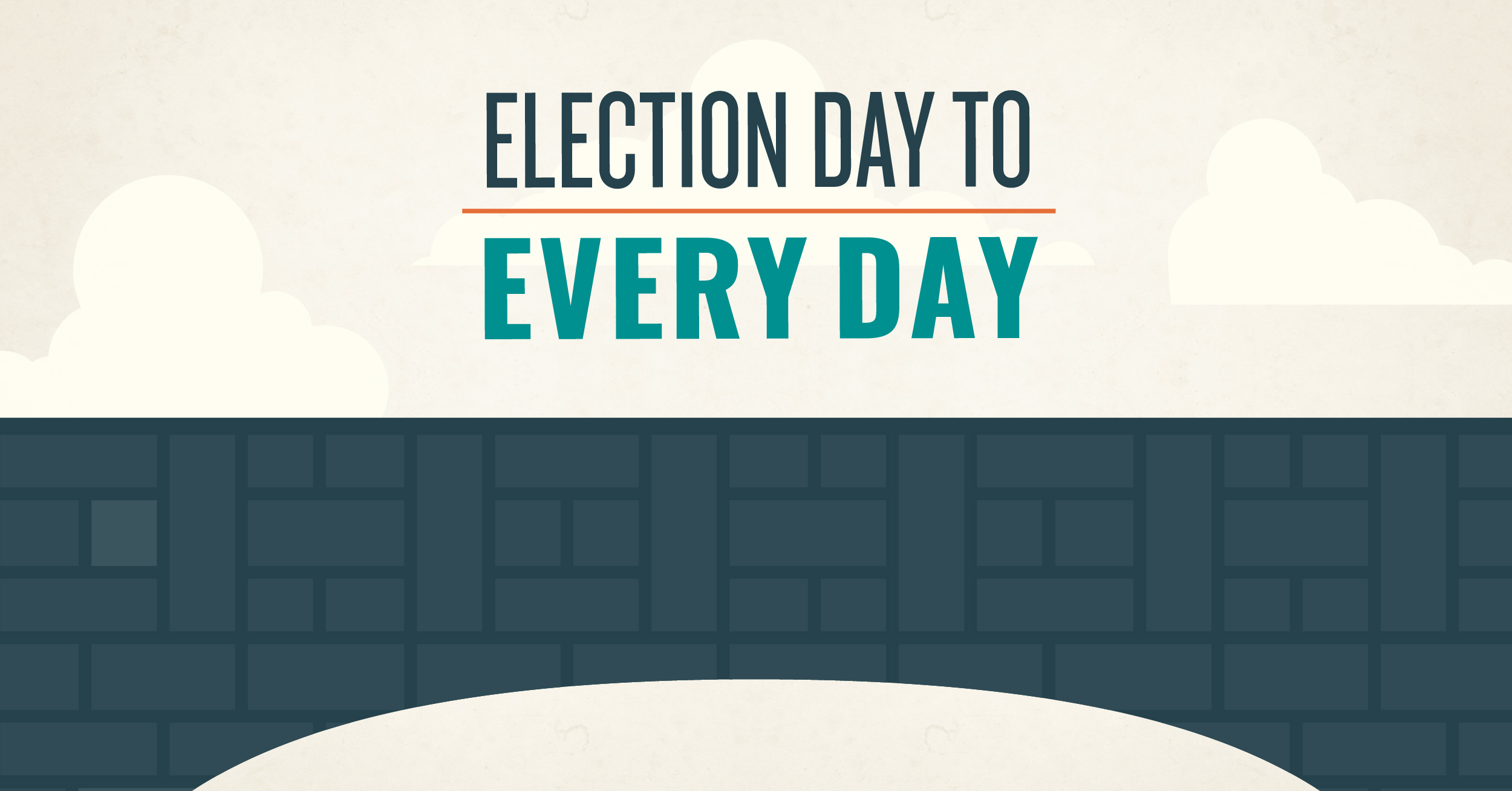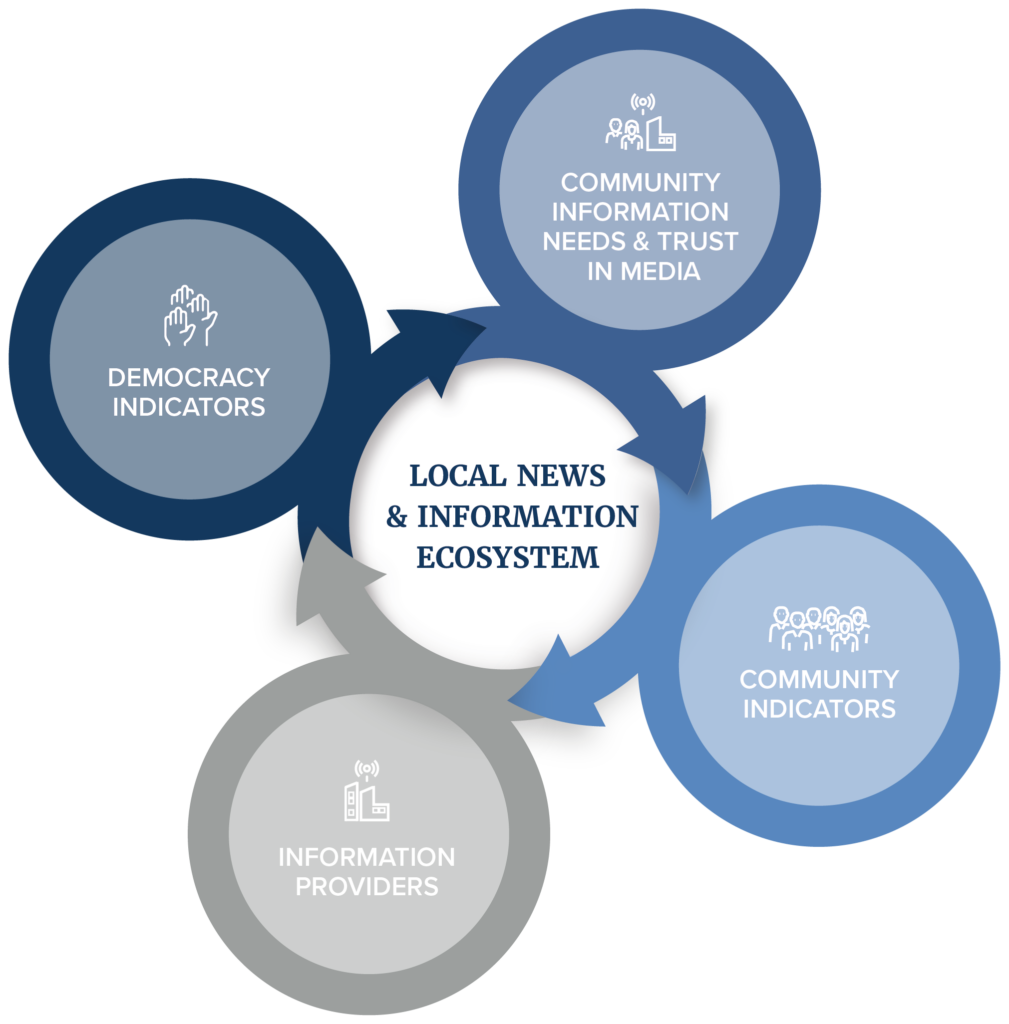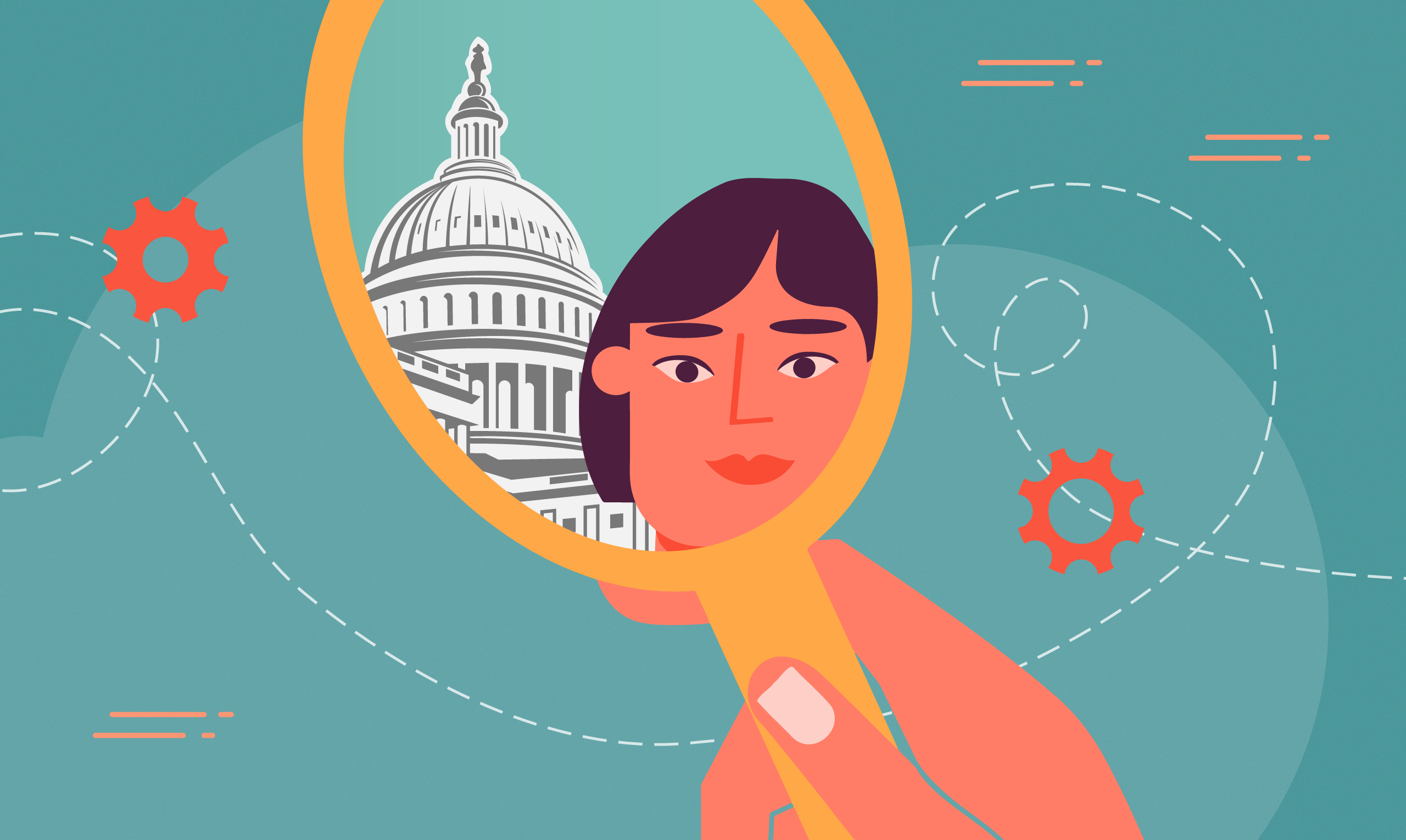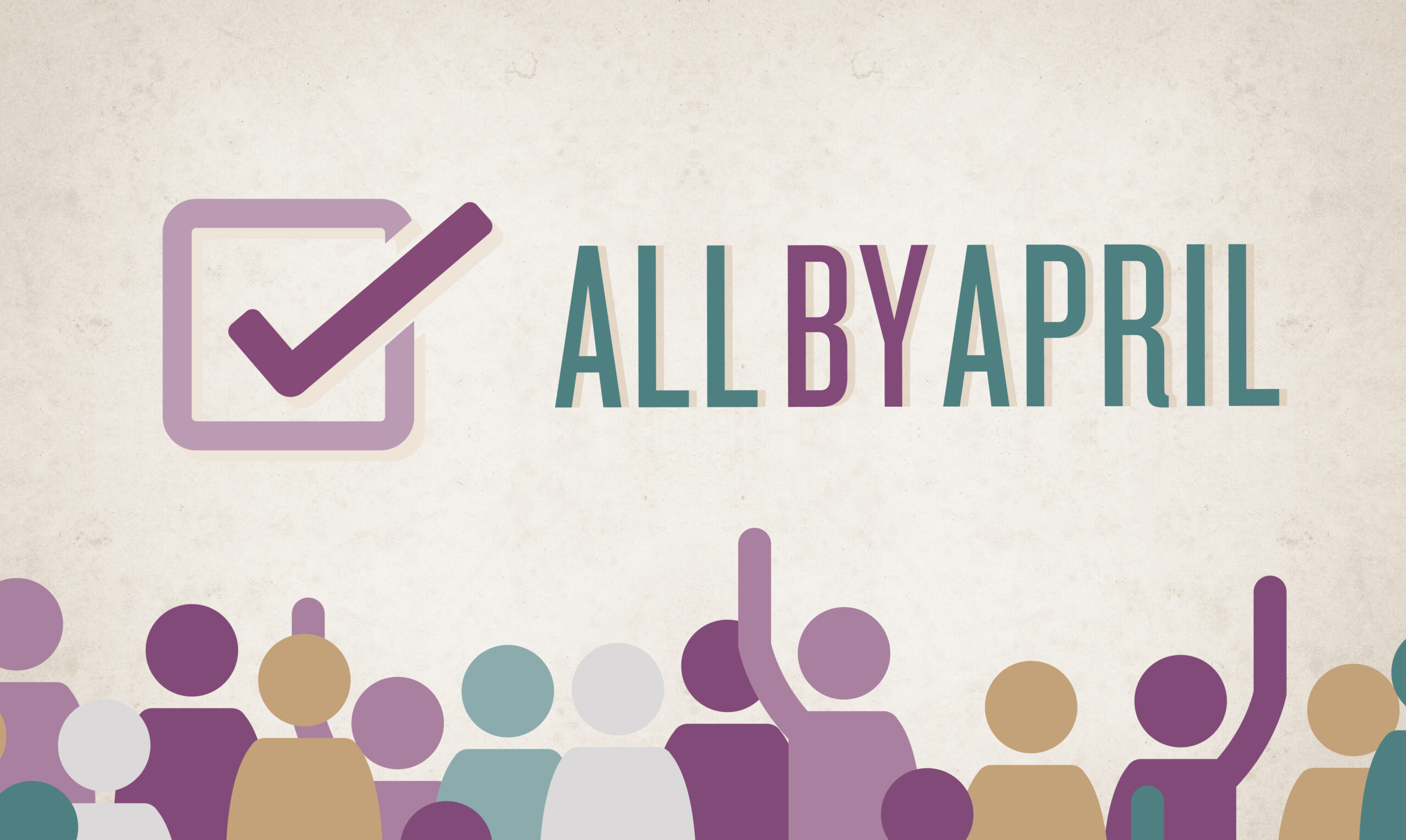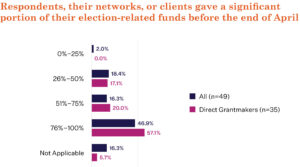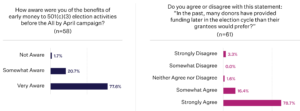The 2024 election cycle, marked by disinformation and the spread of authoritarian rhetoric, has exposed the deep polarization in American society. While the divisions in our country are not new, the strain on society is increasingly clear. We see this with public officials, civil servants, and everyday Americans who are feeling the impacts of threats, harassment, and rising political violence.
Though it may not be realistic to eliminate the threat of political violence immediately, we can build up our country’s resilience to it and slow its spread. We are not the first country to experience and overcome this challenge, which means there are best practices we can emulate and learn from.
Humanity United Senior Fellow, Dr. John Paul Lederach, Emeritus Professor of International Peacebuilding at Notre Dame, writes in his new book, “The Pocket Guide for Facing Down a Civil War”:
“While our legacy of American exceptionalism mostly scoffs at international comparisons, this does not exempt us from the patterns and dynamics that unleash what none of us wants for our children – the curse of widespread violence.”
Dr. Lederach further points out that building resilience to political violence requires an interconnected network of pro-democracy, peacebuilding, and social justice organizations, along with responsive donors open to supporting systems and networks. As a result of this strong web of allies, organizations on the ground can quickly and efficiently access the resources they need to prevent and mitigate political violence.
In an attempt to consolidate and translate this learning, our three foundations – Democracy Fund, Humanity United, and Omidyar Network – have collaborated to more powerfully address the risks of hate-fueled political violence.
Risk Factors For Political Violence
The guiding star for our joint project has been a healthier society marked by an inclusive, multi-racial democracy that is open, just, resilient, and trustworthy — one that addresses the risks of political violence.
Two organizations with their pulse on this issue, Over Zero and New America — both grantees of our foundations — shared an important analysis in 2019 for how to build resilience to political violence in the U.S., identifying four primary risk factors: elite factionalization, societal polarization, a rise in hate speech and rhetoric, and weakening institutions. We continue to draw on their work, as well as the work of the Trusted Elections Fund and others highlighted in this piece on political violence by Democracy Fund’s President Joe Goldman.
Dr. Lederach’s recently published book also provides important wisdom and guidance. He observes that societies at risk of widespread violence tend to display an increase in:
- the dehumanization of others;
- exertions of fear and control over local populations via performative violence;
- the intentional diminishment of trust in and capacity of political and other institutions to solve problems; and
- the stoking of grievances that drive wedges between populations, patterns that are too often only recognized in retrospect after they have become entrenched in society.
After undertaking additional research and reviewing the research of our partners, we have prioritized three risks of political violence that we are using to guide our work. They are:
- distrust of democratic institutions;
- increasing authoritarian sentiment and mobilization; and
- toxic polarization and targeted dehumanization campaigns.
Here’s what we found when we looked at each of these risk factors closely:
- Distrust of Democratic Institutions. There is growing concern among Americans about whether our democratic institutions are truly free and fair. When communities do not trust public institutions to equitably and effectively protect the populace, there is an increased likelihood of support for the arming of non-state actors. Fear-inducing rhetoric advanced by a factionalized elite has left many in the public uncertain that our democratic processes can be relied upon, and heightens the likelihood of violence. Failure of those institutions in the face of violence would be extremely damaging.
- Increasing Authoritarian Sentiment and Mobilization. Far-right actors are increasingly organizing across their racial, religious, economic, and political resentments. They organize together to promote the ideas of white/Christian nationalism, anti-immigration, sovereign citizenship, and armed defense. This organizing coincides with high rates of gun ownership, increasing normalization of political violence, organized militia activity, and white supremacist influence among military and law enforcement. Under these conditions, it is possible that the just and peaceful transition of power could be contested in a violent manner.
- Toxic Polarization and Targeted Dehumanization Campaigns. Troubling trends of dehumanization and identity-based polarization continue to rise as social trust declines. There is a widespread sentiment of non-belonging in American life, and increasingly vitriolic public dehumanization campaigns target immigrant and LGBTQ+ communities, in particular. Both narratives are amplified by increasingly politicized media outlets and social media algorithms, which stoke moral outrage and inflate beliefs about intergroup hostility.
In our international research, this level of dehumanization is often a driving force behind the justification and encouragement of violence.
Focusing on these three factors has allowed us to prioritize where we have made commitments. We will continue to deepen our understanding of the root causes of political violence through our discussions with grantees and others.
Building Resilience
In a strong, interconnected network of allies addressing the threats of political violence, we must include bridge builders and conflict mediators, alongside social and racial justice movements. We must also include LGBTQIA+ activists, democracy advocates, and supporters of pluralism in adjacent fields. Our foundations are already providing support for a number of organizations in these spaces; in particular, the Trusted Elections Fund is already playing a crucial role in the elections space. In addition, in 2024, we have increased our support in four areas:
1. Strengthening relational infrastructure through building networks of key stakeholders across fields and at the local, state, and national levels. Crucially, these investments will help build the network of individuals who can deploy their resources and skills together to de-escalate crises when and where they occur. Over the longer term, these networks can address the root causes of political violence, while also strengthening democracy and encouraging belonging. The network is strongest when it weaves together partners with diverse skills, including but not limited to:
- monitoring and analysis specialists;
- pro-democracy law enforcement and public safety officials;
- cultural influencers and religious actors;
- election officials;
- mediation experts;
- peacebuilding organizations; and
- pro-democracy activists.
2. Informing action so that predictions and responses to violence are quicker, smarter, and more strategic. Through our investments, we aim to increase capacity for threat monitoring and de-escalation. Accurate information is essential for enabling an informed and effective response. These efforts might include engaging community members to support with violence prevention and response and/or strategically engaging law enforcement, via trusted partners.
3. Tending to the health and safety of those who are in harm’s way in order to support resilient movements in the face of threats and persistent harassment. Philanthropy will need to grapple with the attacks both in the immediate and in the aftermath. We must protect and support grantees, as well as their partners. This level of support will enable grantees and their partners to take care of their teams’ wellbeing while dealing with extreme stress.
4. Protecting the LGBTQIA+ community and, in particular, providing support to the transgender community against the current onslaught of targeted othering, dehumanization, and violence. We stand against all efforts that are intended to scapegoat the community, which only serve to consolidate and focus authoritarian and authoritarian-leaning tendencies. Here we have made commitments to joint funds and organizations that support organizations led by and serving or in allyship with the LGBTQIA+ community. As funders,we seek to bring together the philanthropic communities that support the gender non-conforming community as well as democracy strengthening efforts.
Over the past 18 months, we have consulted extensively with the field and have made commitments of approximately $2M in 2024 towards the priorities identified above. We intend to continue to adapt this approach as we learn from our partners on the ground, researchers, our partners in philanthropy, and others focusing on political violence.
Working Together
As we seek to strengthen our interconnected network even further, we encourage foundations, pro-democracy organizations, and wider civil society to join us in this work. The election season is placing significant stress on our societal bonds and, while it will take time to address drivers of political violence, there is still much we can do now to prevent the contagion of political violence.
This will require extensive efforts across philanthropy and the wider infrastructure of peacebuilding, social justice and democracy. We have learned from our grantees and partners within the U.S. and abroad that it is only through these concerted and broad-reaching coalitions that we can address the root causes of political violence, reduce toxic polarization, and build resilience in the face of complex threats.
To learn more about our approach to funding efforts to prevent and respond to political violence, please reach out to us.

